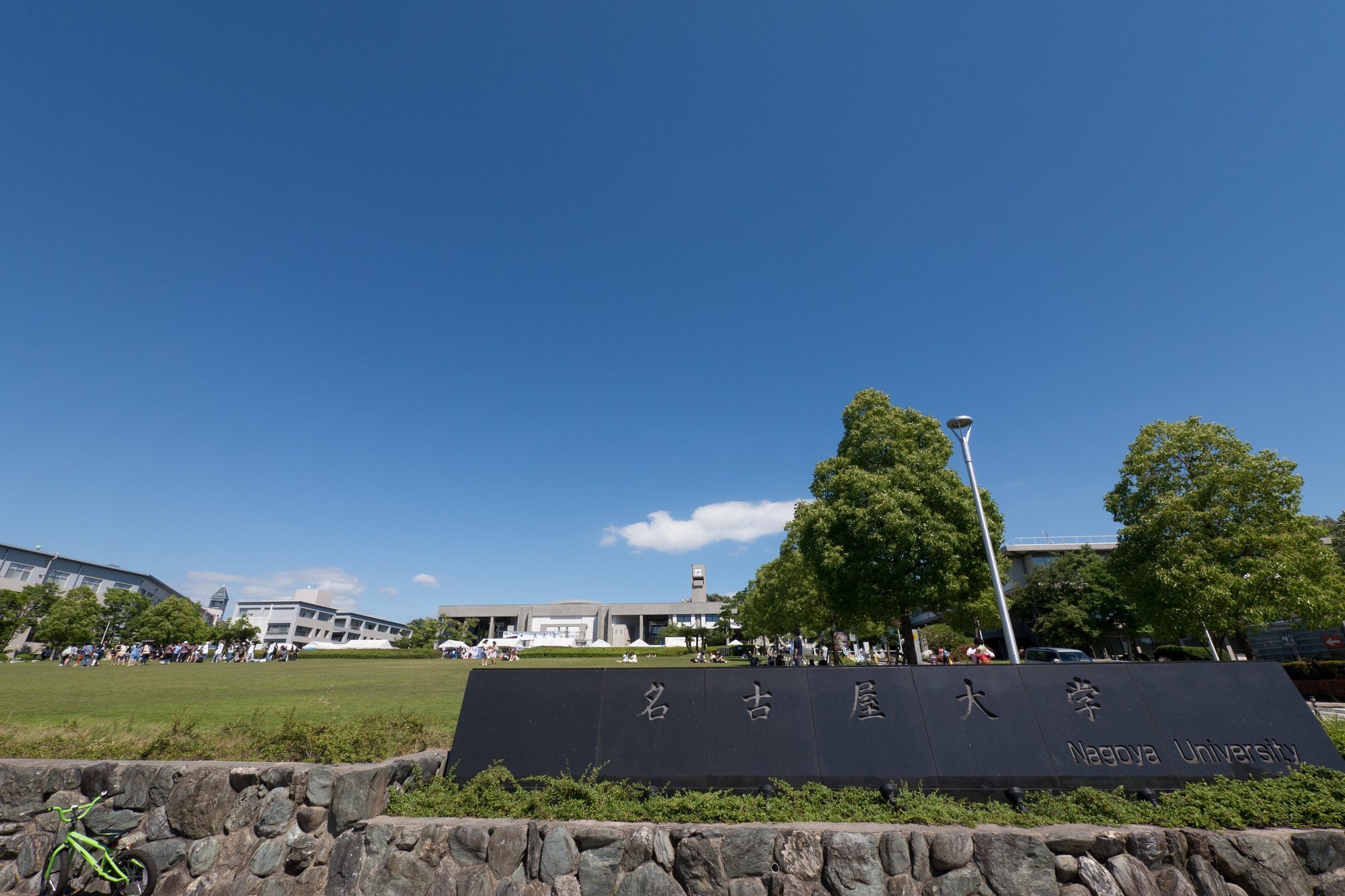In collaboration with the RIKEN Center for Developmental Biology, the research group of the Graduate School of Medicine, Nagoya University clarified the relationship between changes in neural precursor cells and cell cycle progression along the developmental period of the cerebral brain. Published in the electronic version of the English scientific journal "Nature Communications".
During the development of the mammalian cerebrum, undifferentiated neural progenitor cells repeatedly divide to produce various neurons according to the time of development.However, the mechanism by which the properties of neural progenitor cells change along the time axis is unknown, and it exists as a basic question in biology, "Do cells count the number of their own cell divisions and time their development?" Was.
This research group analyzed the gene expression of mouse neural progenitor cells with different development times, and as a result, discovered a "time axis gene" that changes with the progress of time regardless of the cell differentiation state.Expression of time-axis genes continues to change in the brain of developing mice even if the cycle progression of neural progenitor cells is stopped, and when progression is resumed thereafter, the cells become neurons of the type according to the correct time of development. It is said to have differentiated.
From these experimental results, even if the cell cycle is stopped, the mechanism that autonomously causes changes with the passage of time by the time axis gene in the neural progenitor cell, so to speak, the "clock" is functioning in this cell. It was clarified that the behavior of neural progenitor cells is determined according to the time of development in cooperation with the mechanism in the cell and the regulation from the outside of the cell.
The answer from this study is that neural progenitor cells are based on a "clock" that ticks the time of development, rather than "counting the number of cell divisions and measuring the time of development."In the future, it is expected to lead to the elucidation of the mechanism by which cells with specific roles are produced from undifferentiated neural progenitor cells.

